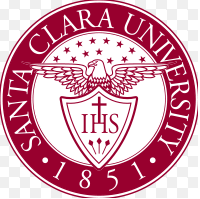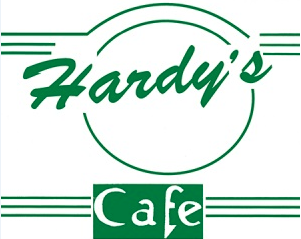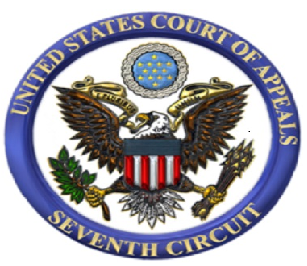
Hammond, Indiana – Plaintiff Stanley Pagorek of Dyer, Indiana filed an intellectual property lawsuit in the Northern District of Indiana alleging that Vizio, Inc. of Irvine, California and Cognitive Media Networks, Inc. of San Francisco, California monitor, track and report viewing habits and information about devices attached to home networks for profit. Pagorek seeks class-action status for this Indiana litigation.
Defendant Vizio produces and sells internet-capable televisions. It also offers audio and entertainment products, including sound bars, tablets, DVD players and Blu-ray players. Vizio has a controlling stake in Defendant Cognitive, an advertising company.
Defendants are accused of surreptitiously including tracking software on more than 10 million Vizio high-definition, internet-connected televisions (sometimes known as “smart TVs”). The functionality of the software includes Cognitive’s content-recognition capabilities.
According to the lawsuit, filed by intellectual property lawyers for Pagorek and the putative class, the tracking software is activated by default, most customers would not be made aware of it in the process of setting up their TVs and, for those who were, disabling the software is less than intuitive. The software enables Vizio to monitor and identify the viewing habits of those smart TV customers. The complaint also indicates that the analysis done by the tracking software enables Vizio to infer with reasonable certainty which person is watching what programming.
That information is then provided to third-party advertisers and content providers. Those third parties are then able to customize the advertising and other content displayed to the smart TV customers not only on the Vizio smart TV, but also on any other “smart” device, such as smartphones, tablet computers, laptop computers and desktop computers, that is connected to the same internet protocol address as the Vizio smart TV.
In this complaint, the following is alleged:
• Count One: Violations of the Video Privacy Protection Act (18 U.S.C. § 2710)
• Count Two: Violation of the Prohibition of Disclosure by Persons Providing Video Recording Sales or Rentals Without Written Consent (Cal. Civ. Code § 1799.3)
• Count Three: Violation of California’s Unfair Competition Law (Cal. Civ. Code § 17200, et seq.)
• Count Four: Violation of California’s Consumer Legal Remedies Act (Cal. Civ. Code §§ 1750, et seq.)
• Count Five: Indiana Deceptive Consumer Sales Act (Ind. Code §§ 24-5-0.5, et seq.)
• Count Six: Unjust Enrichment
• Count Seven: Fraud by Omission
• Count Eight: Breach of the Implied Warranty of Merchantability
• Count Nine: Violation of the Electronic Communications Privacy Act (18 U.S.C. § 2511)
Plaintiff Pagorek, on behalf of himself and the other members of the proposed class, requests damages, injunctive relief, interest, attorneys’ fees and costs.
Continue reading

 Indiana Intellectual Property Law News
Indiana Intellectual Property Law News






